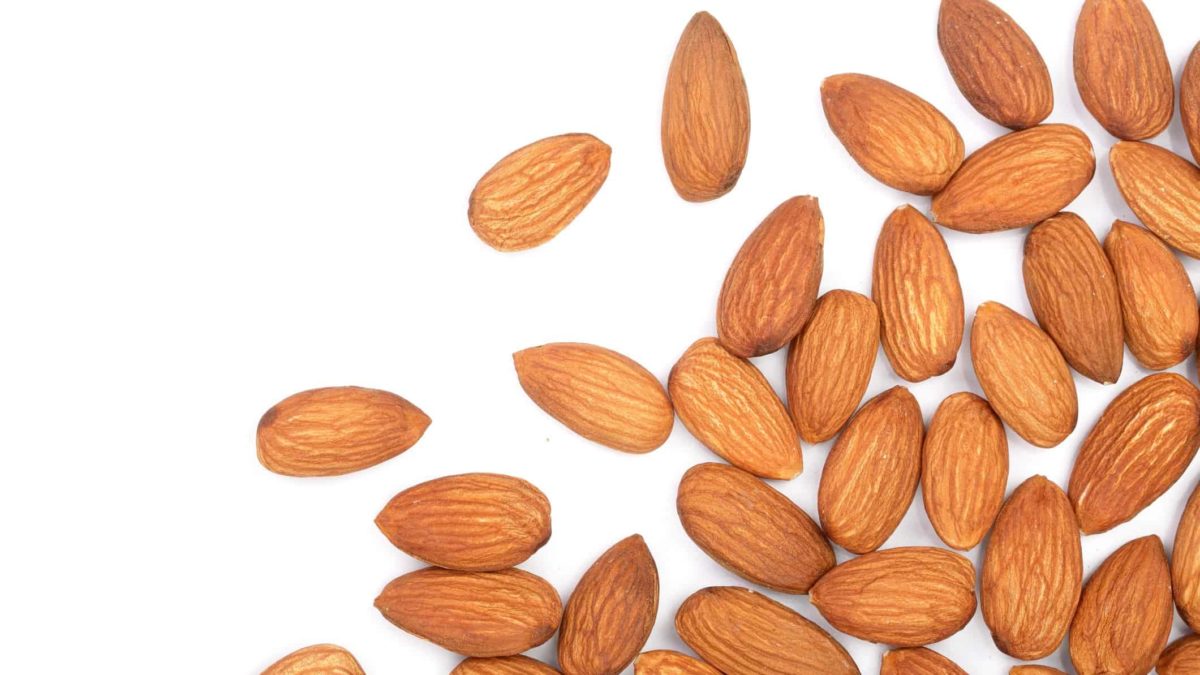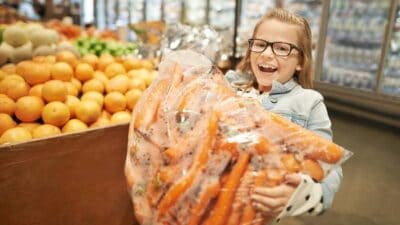Since US President Donald Trump unveiled his tariffs last week, very few ASX companies have escaped the broad based market sell off. Based on share price reactions alone, it isn't obvious which companies are directly impacted by Trump's tariffs.
The biggest losers are mostly companies that manufacture goods in Asia and import into the United States. These include Breville Group Ltd (ASX: BRG), Lovisa Holdings Ltd (ASX: LOV) and Ansell Ltd (ASX: ANN).
However, one ASX agriculture company is well positioned to benefit.
An opportunity to boost almond sales
That company is Select Harvest Ltd (ASX: SHV), Australia's largest listed almond producer. It operates 15 farms across Victoria, New South Wales and Australia.
The US imposed a further 35% tariff on Chinese imports last week, bringing the cumulative levy to 54%. China has responded with its own tariffs, including an additional 10% on Californian almonds, raising total tariffs to 35%.
California produces around 80% of the world's almonds, with around three-quarters of produce exported. Australia accounts for approximately 10%, and has positioned itself as a viable alternative.
CEO of the Almond Board of Australia Tim Jackson, suggested these tariffs provide a clear advantage to Australian almond growers in the global market.
As reported by Fresh Plaza, he stated:
"The trade agreements our federal governments have delivered have made a huge difference to grower returns. The retaliatory tariffs tend to accentuate that advantage."
China and Australia entered a free trade agreement in 2015.
To counter these tariffs, Californian almond growers will need to either absorb the costs or pass them on to consumers through higher prices. Given how competitive almond pricing is, the latter option would likely crush demand, which would benefit Australian almond growers.
During Trump's first term trade war, China placed a 55% tariff on California almonds, causing significant losses. Congress eventually passed relief funds to compensate almond growers, although they weren't eligible initially.
How has Select Harvest performed?
While Select Harvest's share price is down 28% over the past five years, it is up 16% this year.
Last year, the company went through a recapitalisation at $3.80 per share and has since turned around.
Select Harvest expects the industry to grow at a compound annual growth rate (CAGR) of 5-8%.
The company expects to achieve higher prices, forecasting $9.20 per kilo, as well as higher production. That's a winning formula that could deliver market-beating performance over the next few years.









